The first season of Sacred Games had a unique calling card – each episode name was based on a certain aspect of Hindu mythology. In fact, the very first episode was called Aswatthama, based on the character from the Mahabharata.
Episode 1: Matsya
‘Matsya’ literally translates to ‘fish’. In this episode, it refers explicitly to Vishnu’s first avatar, which was a fish.

The significance of it is explained by Guruji, who talks about how humanity evolved from fish. There are also frequent references to fish throughout the episode, such as when Gaitonde threatens someone after he offers him fish to eat again.

Episode 2 – Siduri
Siduri is a wise female of divinity found in the Babylonian Epic of Gilgamesh, a poem that is considered one of the earliest works of literature. In the Epic, she tries to dissuade Gilgamesh from his quest for immortality, and urges him to be happy with life’s simpler pleasures.
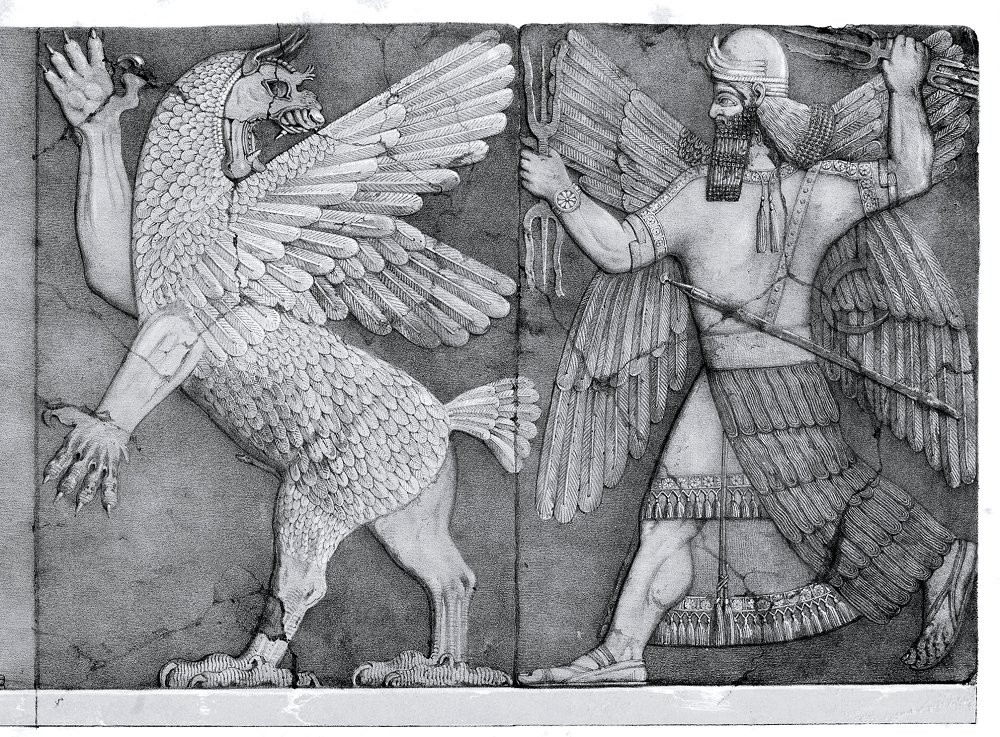
Similarly, in this episode, Dilbagh Singh advises Gaitonde to stop being obsessed with his own image of himself and his prowess, and instead find a person who can help him find happiness in simpler things.

Episode 3 – Apasmara
Apasmara is a demon in Hindu mythology who represented ignorance and was blessed with the gift of eternal life. He cannot be killed as that would lead to an imbalance between knowledge and ignorance. In order to subdue him, Shiva adopted his Nataraja form and performed the cosmic dance of Tandava. During the dance, Nataraja crushed Apasmara with his right foot. However, as Apasmara cannot be killed, Nataraja remains in this form suppressing Apasmara for eternity.

Guruji tells the same story in this episode while talking to his followers.
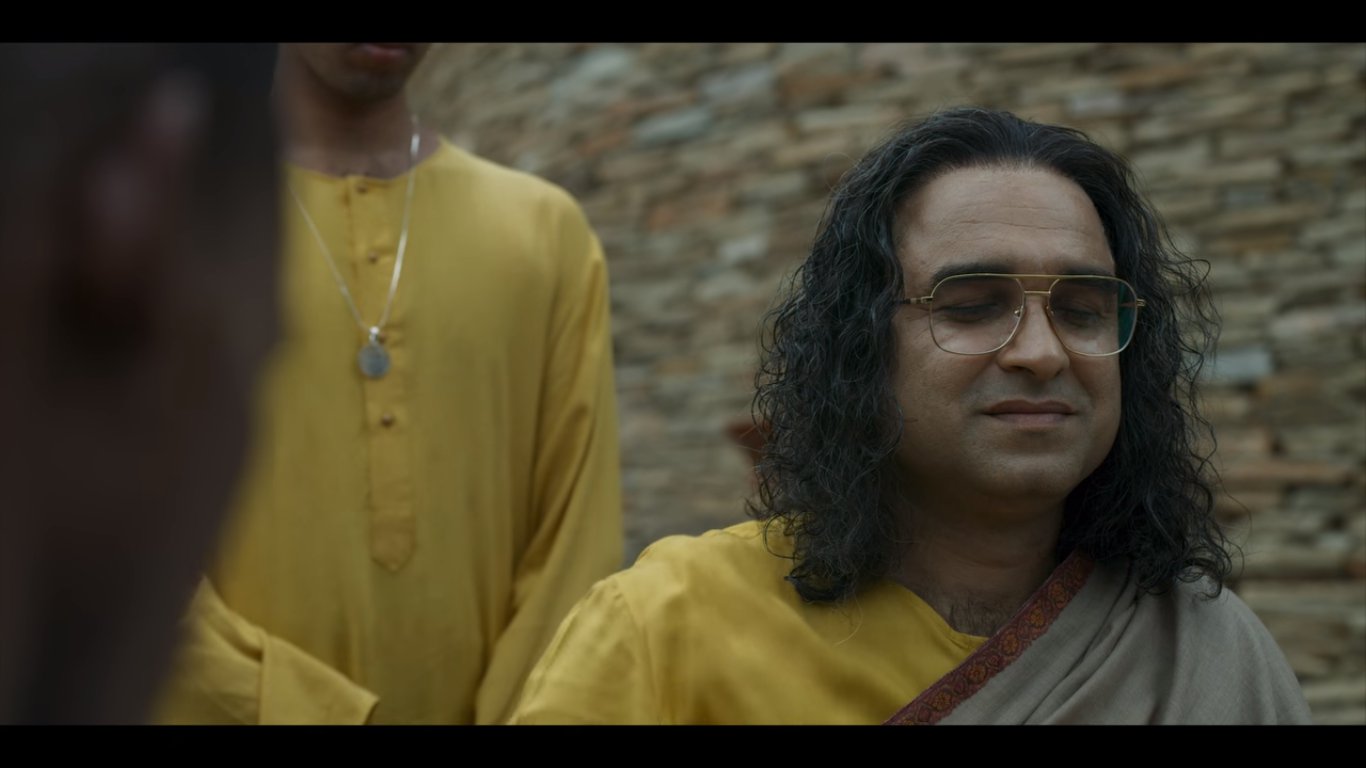
Episode 4 – Bardo
Bardo is a Buddhist term referring to purgatory, or the place between heaven and hell. It is the no man’s land between life and death, or a transitional phase between death and rebirth.
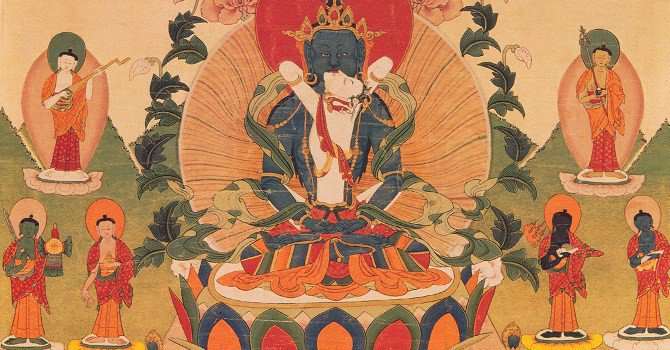
Guruji consistently tells Gaitonde that to shed his unhappy existence, he must spiritually die and be reborn. How to achieve this is one of Gaitonde’s main quandaries.

Episode 5 – Vikarna
Vikarna is the third Kaurava in the Mahabharata, son to Dhritarashtra and Gandhari and a brother to prince Duryodhana. Vikarna is also referred to as the third-most reputable Kaurava. Significantly, he is the only Kaurava to oppose the disrobing and rape of Draupadi.
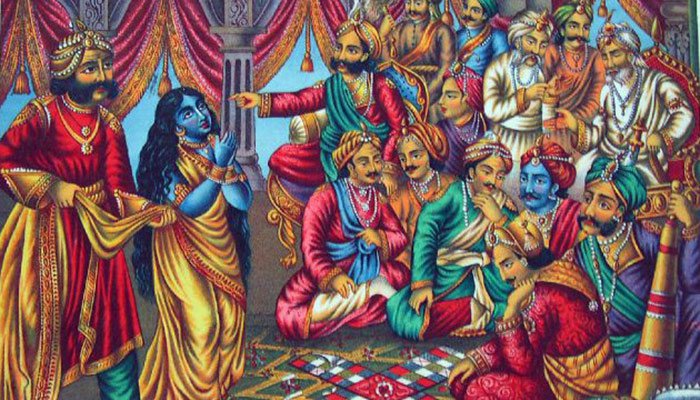
Apart from Guruji telling this story, this might also refer to the trope of being a positive character working on the side of evil. The show consistently blurs the lines between wrong and right, after all.

Episode 6 – Azrael
In Islam and Jewish culture, Azrael is the Angel of Death. He is usually depicted holding a scroll concerning the fate of the mortals and is responsible for transporting the souls of the deceased after death.

Once Gaitonde aligns himself with Guruji, he becomes his second-in-command and oversees the operation to bomb Mumbai. This makes him a proverbial Angel of Death as well.

Episode 7 – Torino
There’s not much clarity about what the name of this episode signifies. One probable meaning is that Torino is another name for Turin, the capital city of the Piemonte region of northwestern Italy. This city is also known as one of the most haunted cities in the world.

In this episode, both Gaitonde and Sartaj are haunted by voices and visions due to their withdrawal from the gochi drug, which might be a possible connection.

Episode 8 – Radcliffe
This episode’s name is a direct reference to the Radcliffe Line, which is the border line between India and Pakistan. It came into existence along with the Partition, and is named after Cyril Radcliffe, a British Lord.
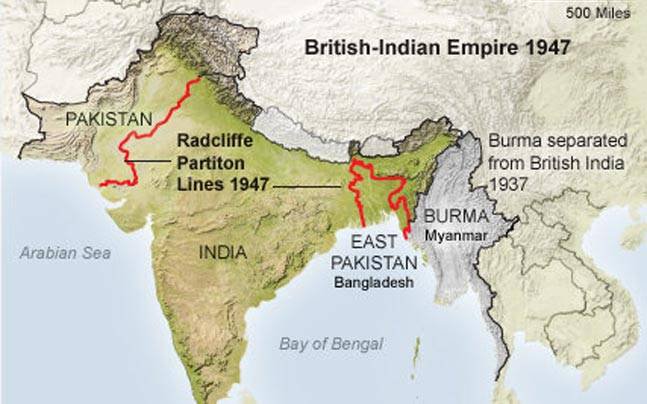
This episode starts with Shahid Khan’s mother having a flashback to when she was violently separated from her family during the Partition. The name is also a reference to the boiling tensions between the 2 nations, and how it comes to the fore in the final episode.

So there you have it, the possible explanations for each episode’s name. RIght now things are pretty basic, and we can only hope for further information if the show-runners decide to give us a bit of background information.

















